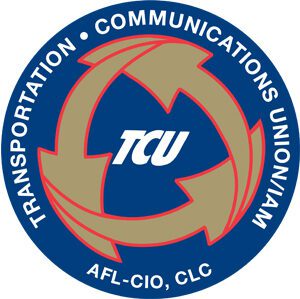U.S. Department of Transportation (DOT) announced a final rule for the safe transportation of flammable liquids by rail. The final rule, developed by the Pipeline and Hazardous Materials Safety Administration (PHMSA) and Federal Railroad Administration (FRA), focuses on safety improvements that are designed to prevent accidents, mitigate consequences in the event of an accident, and support emergency response.
The Transportation Department laid out a new standard for tank cars carrying crude oil that specifies the thickness of the car’s shell and requires updated braking systems, thermal protection, as well as improved pressure relief.
Transportation Secretary Anthony Foxx said the agency’s new regulations would retrofit or replace the highest-risk cars within five years, a schedule favored by the National Transportation Safety Board in recommendations earlier this spring.
The full retrofitting schedule stretches for a decade, depending on the type of crude oil carried and the specifications of the tank car.
“We want to make sure we’re being aggressive with the least safe situation first,” Foxx said. “The crude that we’ve been worried about over the last couple years will all be moving on these either new tank cars or retrofitted tank cars by 2020.”
The department will first target older, more puncture-prone cars known as DOT-111s that carry the most volatile type of crude. Those cars would have to meet new standards by early 2018. An upgraded car known as the CPC-1232 carrying the same type of crude would have to be retrofitted within about five years.
“TCU applauds the much needed safety regulations,” said TCU National Legislative Director Ron Kloos. “but we are evaluating this new rule and how it will effect the Carmen craft and our members. TCU maintains that any final safety regulation that involves ECP brakes must include inspections done by Qualified Mechanical Inspectors (QMI) at regular 1500 mile intervals.”
Click here to read the full release from the U.S. DOT.
Click here to read the release from the American Association of Railroads (AAR) on this new rule.

